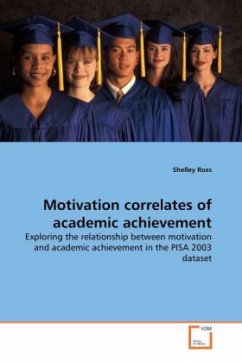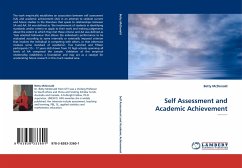The relationship between achievement motivation and academic achievement is complex, but generally, the more a student is motivated to do an academic task, the greater the effort, persistence, and use of cognitive strategies expended on the task, and the better the performance on the task (Pintrich, 2003). The majority of achievement motivation research has been conducted in Western countries (Kumar, 2004). This is a concern as North American classrooms are becoming increasingly culturally diverse. The present study looked at the relationships between motivation and academic achievement in two distinct cultures: Western (Canada, the United States, and the United Kingdom) and Asian (Hong Kong-China, Japan, and Korea). Hierarchical linear modeling was used to analyze data from the Programme for International Student Assessment 2003 (PISA; OECD, 2004). The findings from this study demonstrate that there are some distinct cultural differences in the relationships between achievement motivation and academic achievement.
Bitte wählen Sie Ihr Anliegen aus.
Rechnungen
Retourenschein anfordern
Bestellstatus
Storno








